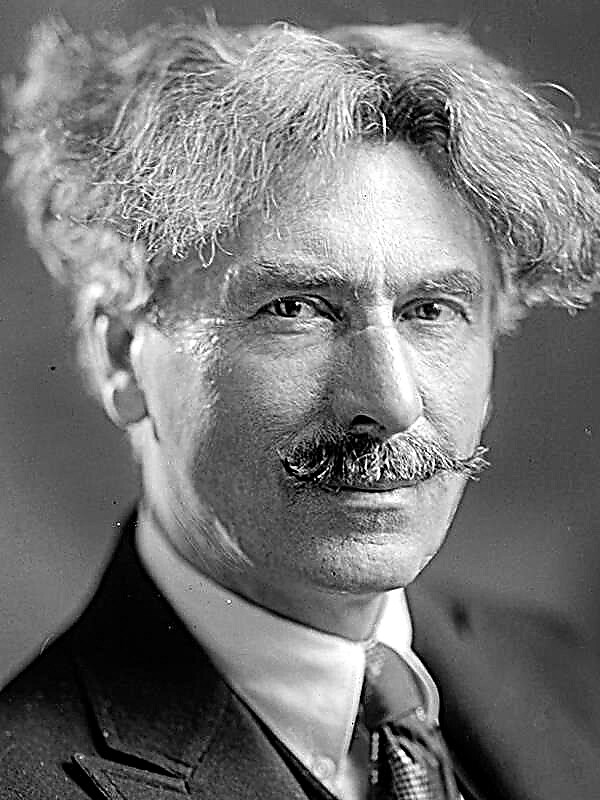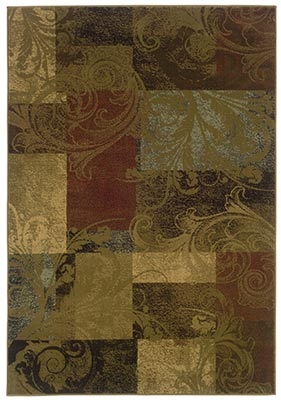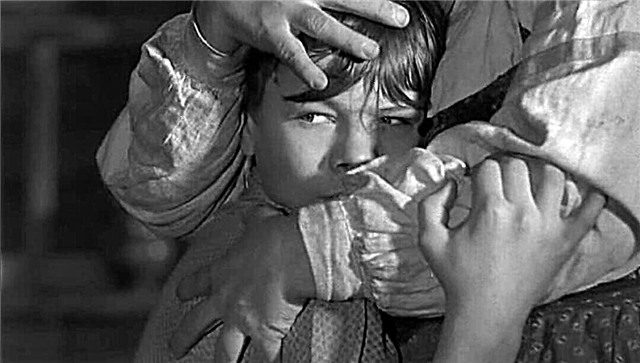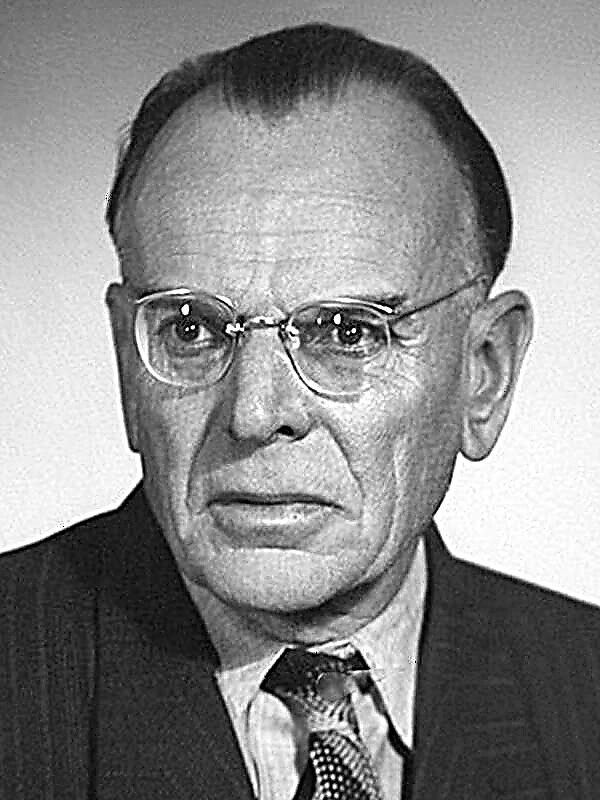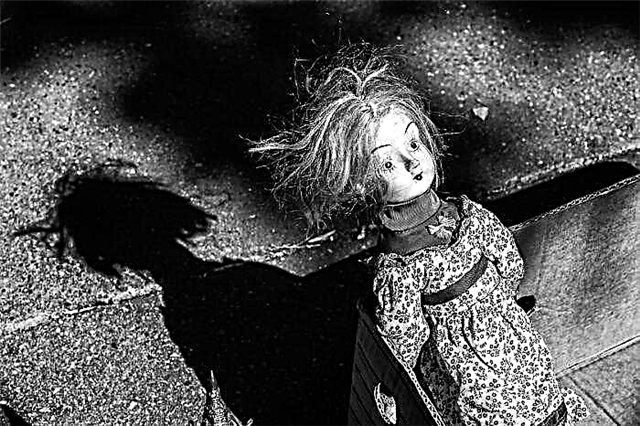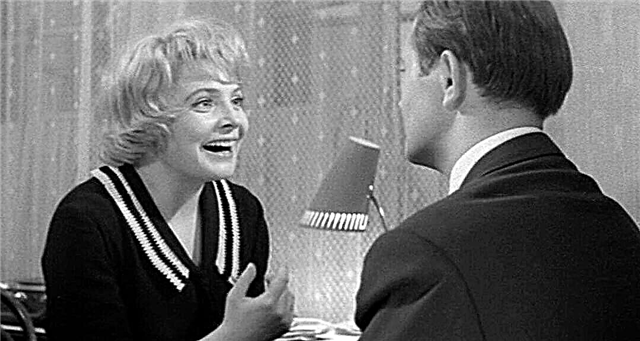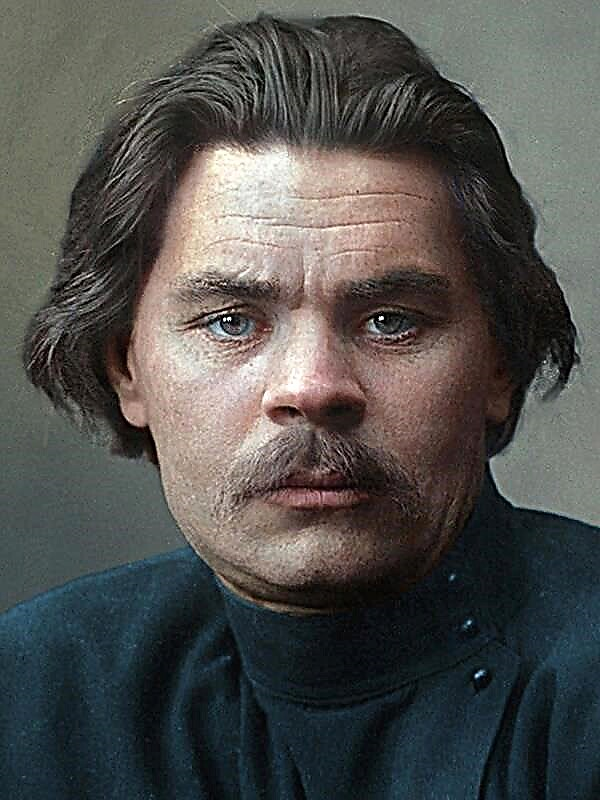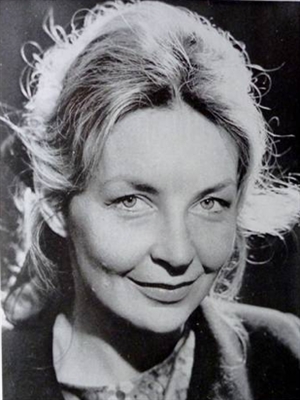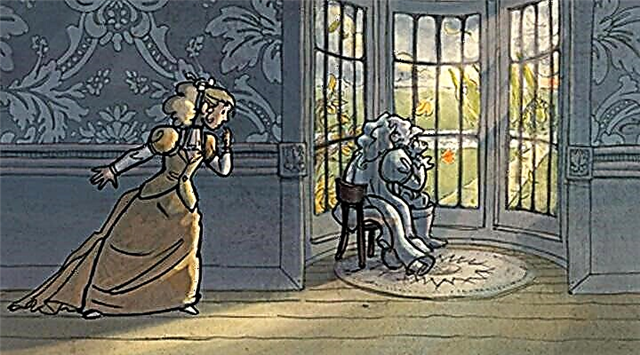Share
Pin
Tweet
Send
Share
Send
Many authors talk about art, because this is their vocation. Therefore, the problems associated with creativity are often featured in the texts to prepare for the exam in the Russian language. We have collected the most popular of them, selecting literary arguments for each problem.
The role of art in human life
- Petrus, hero the story of V. Korolenko “Blind musician”, since childhood, a bit to the world of sounds, because for him this is the only way to feel the world (he was born blind). For Petrus, art is an outlet, a way of self-expression. The hero listens to the game of the groom Joachim on the pipe, and soon he begins to play the piano. He had to go through many trials to gain recognition. Petrus does not just play, he feels the music, conveys life and popular aspirations in it.
- Jacob, the hero the story of A.P. Chekhov's “Rothschild's Violin”, He is indifferent to art, seeing in it only work. But he feels the power of art when longing for a life lived in vain is falling upon him. Then Jacob comes out with such a mournful and felt melody that he cries. The hero dies, and transfers his violin and music to the Jew Rothschild, who was constantly attacked during his lifetime. And the composition continues to live.
The influence of art on human life
- Nina, the heroine of the play A.P. Chekhov's "The Seagull", passionate about theater, dreams of becoming an actress. But her parents are categorically against such a career for her daughter. Nina goes against the family, leaves home, plays a lot, but badly, "with howls." However, after the tragedies: break with the beloved, the death of the child - the heroine decides to change her life, goes to the province, feeling in herself the ability to play in a completely new way. Art for Nina is all life, with its joys and tragedies.
- Nikolai Rostov, the hero epic novels L.N. Tolstoy "War and Peace", lost a large amount of cards. He arrived home in a terrible state: where to find so much money, how to say about a poor family losing? But when the young man heard Natasha’s sister singing, it seized him and saved him from an oppressive state, because all these cards, money, cheaters — all this comes and goes. And art is eternal, it remains forever.
Understanding the value of art
- Natasha Rostova, the heroine epic novels L.N. Tolstoy "War and Peace", has an amazing musical flair. She not only sings herself, but also hears genuine art in the music of others. The girl starts dancing to the folk melody, because she is filled with excitement from the wonderful world of sound. Natasha sees the whole world in music, she draws closer to the people in his understanding. It is this sensitivity that makes Rostov the favorite heroine of the author.
- Vasily Terkin, hero of the eponymous poem by A. Twardowski, in the chapter “Harmonium” plays this instrument. From the sounds of music, it seemed to have become warmer in the cold winter, dominated by home, native places. And the pain in the frostbitten fingers was no longer felt, and the legs themselves danced. Music dispersed painful thoughts; in this short episode, the fighters rested from the tragic military events, at least for a moment forgot, pushing away fear and fatigue. That is why Turkin was given harmony and song, he warmed the hearts of people.
The interaction of form and content in art
- A. Mikhailov in the book "Mayakovsky" describes the biography of the great poet. The famous futurist was constantly criticized for various reasons for the form of his works, as if not seeing the true scale of their content. Torn lines, neologisms, yellow jacket as the basis of shocking performances - all this is not so important, the main thing is the meaning and the problems raised. Vladimir Mayakovsky was a futurist, but, unlike other colleagues in the workshop, he did not close in this form, and therefore became a classic.
- Salieri, the hero of the tragedy of A.S. Pushkin "Mozart and Salieri", mastered to perfection the craft of the musician, the "algebra of art." However, he was not a genius, unlike Mozart, therefore envied, believed that Mozart behaved inappropriately. For the latter, the main content: you can create wherever and whenever you want, the main thing is what happens, but there are no rules and frameworks. Because of envy, Salieri poisoned his lucky colleague, but he learned the secrets of his perfection.
The interaction of art and power
- Master hero novel M.A. Bulgakova "The Master and Margarita", wrote a brilliant novel. However, this novel ideologically did not correspond to the state course, since it included biblical motives. Roman Masters began to poison the critics, and he himself was in some kind of dark dungeons, which the author is silent about. All this suffering led the hero to a madhouse, from which he came out only thanks to the intercession of his beloved Margarita in front of Satan. Thus, in our country, the authorities repeatedly strove to subordinate art to their will and impose their interests on the creators.
- A. Akhmatova in the poem "Requiem" truthfully talks about the Stalinist repressions: thousands of arrested who are not guilty of anything, their mothers and wives, who are standing in prison lines waiting for at least some information about their beloved people. According to Anna Andreevna, her duty as a poet is to reflect these tragic events. She believes that if one day they will erect a monument to her, then this must be done here, where she stood for seventeen months, waiting for news from her son and the right to hand him a “transfer”. Even after the debunking of the Stalin cult, when the “thaw” began in the USSR, its truthful cry about the fate of thousands of repressed compatriots was never published. It was printed only abroad, and the poetess had to make excuses that it was not her initiative, because for such creativity she was in serious danger. It is enough that in 1946 she was publicly insulted by an official A. A. Zhdanov at the writers' congress, calling her "mad woman." Since then, Akhmatova has ceased to print, even poetry, far from politics, party leaders considered harmful. Thus, Anna Andreevna survived the attacks, bullying and even family drama, paying for her honest position in art.
Share
Pin
Tweet
Send
Share
Send


